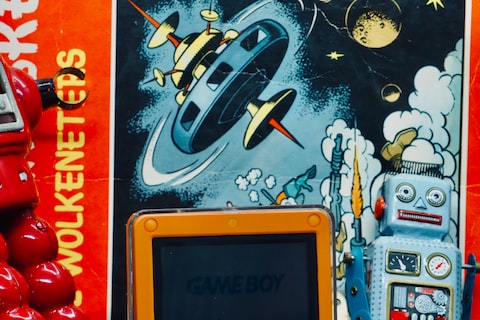Gaming has come a long way since the humble days of pixels and arcades. From simple 2D games to today’s highly immersive virtual realities, the evolution of gaming culture has been nothing short of extraordinary.
In the early days, video games were seen as nothing more than a pastime for kids. But as technology advanced, so did the potential of gaming. The rise of home consoles brought video games into millions of households, captivating not only the younger generation but also adults who were drawn to the excitement and escapism offered by this new form of entertainment.
With the advent of the internet, gaming culture took a giant leap forward. Online gaming opened up a whole new world of possibilities, allowing gamers to connect and compete with others from around the globe. Multiplayer games became incredibly popular, creating communities of players who formed friendships, rivalries, and even romantic relationships. Online gaming also gave birth to the phenomenon of streaming, where gamers could showcase their skills and entertain audiences in real-time.
Today, the gaming community is larger and more diverse than ever. It transcends age, gender, and nationality, bringing together people from different backgrounds who share a common passion for gaming. Gaming conventions and events draw thousands of attendees, while esports competitions offer lucrative prizes and global recognition to skilled players.
But gaming culture is not just about the games themselves. It’s about the art, the music, the storytelling, and the sense of community that gaming creates. It’s about the friendships forged through hours of playing together, the shared experiences, and the memories that last a lifetime.
From pixels to playgrounds, gaming has evolved into a cultural phenomenon that continues to shape our world. Whether you’re a casual gamer or a hardcore enthusiast, exploring the evolution of gaming culture is a journey worth taking.

